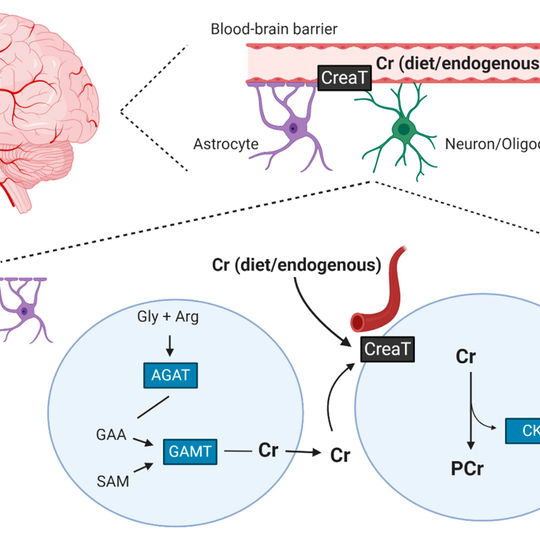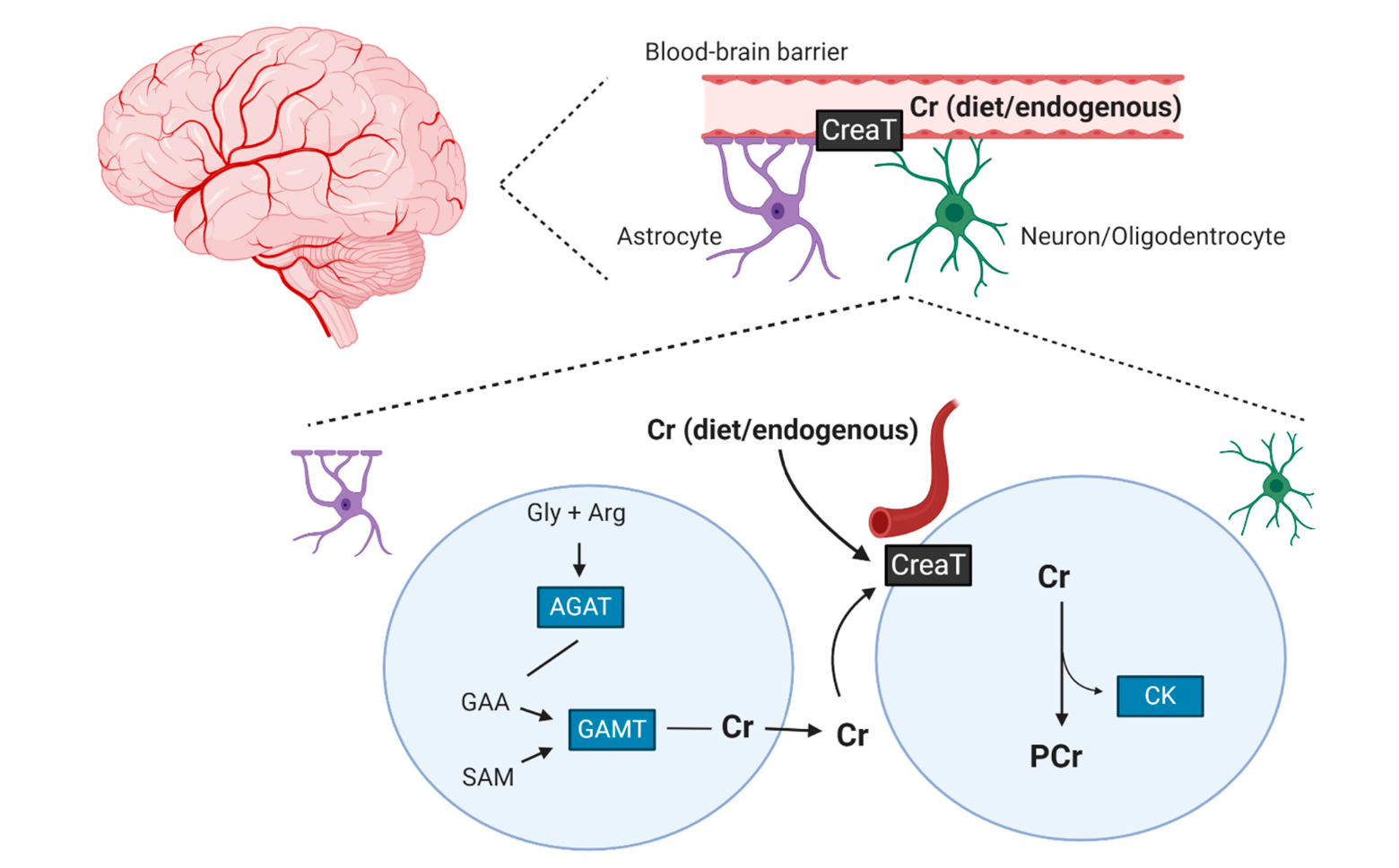
Newsletter
Two Bullet Monday
A Quote: “There is surely nothing quite so useless as doing with great efficiency what should not be done at all.”—Peter Drucker
A Study of Interest: Single-dose creatine improves cognitive performance and induces changes in cerebral high-energy phosphates during sleep deprivation. Nature Scientific Reports: (2024) 14:4937.
Single dose creatine improves cognitive performance and induces changes in cerebral high energy phos
First Some Creatine Facts:
- A large body of literature shows that taking creatine as a supplement can increase muscle strength, lean mass, and exercise performance.
- Creatine works by grabbing a N-phosphoryl group from phosphorylcreatine and slapping it onto an ADP molecule, and bingo, you have an ATP molecule.
- This helps maintain ATP homeostasis during high energy turnover in the muscle (like when you are working out) by keeping ADP levels low and reducing Ca2+ leakage from the sarcoplasmic reticulum, which impairs muscle output force.
- Most of the creatine in the body is stored in the muscle, but the brain has creatine kinase (a specific isoform - BB-CK). Thus, the brain can also use creatine for energy. Impairment of BB-CK is associated with many brain developmental disorders, including learning delays, autism, and seizures.
- Cognitive processing may also be improved by facilitating ATP homeostasis, improving performance with complex cognitive tasks, hypoxia, and sleep deprivation.
- Creatine is transported into the brain by a creatine transporter into astrocytes and neurons.

- Oral supplementation has a well-established track record of significantly increasing muscle creatine levels. Data on supplementation and brain creatine levels is sparse, but it shows that creatine crosses the blood-brain barrier into the brain (5-10% increase in brain levels), but less than muscle.
Now to the study.
- Their hypothesis is that high extracellular creatine availability and increased intracellular energy consumption will temporarily increase brain creatine uptake. This is a prospective double-blind trial that randomized 15 people to either a high single dose of creatine monohydrate (0.35 g/kg or for a 170 lb male like me 27 g - the typical dose for muscle effects is around 5 g) or cornstarch placebo.
- The participants were then sleep-deprived for 21 hours on two separate nights, and two consecutive 31P‐MRS scans (measures relative intracellular concentrations of several phosphorus metabolites), 1H‐MRS (measures brain creatine), and cognitive tests were performed at baseline, 3, 5.5, and 7.5 h after a single dose of creatine (0.35 g/kg) or placebo during the 21-hour sleep deprivation.
- Their results show that a single high-dose of creatine partially reversed fatigue related cognitive deterioration and that the effect lasted up to 9 hours with its maximum effect at 4 hours.
- The results alter the assumption that creatine supplementation only works over a longer period. The crucial factor appears to be the increased energy demand of the neuronal cells in combination with an increased extracellular creatine availability. This condition could overcome the main obstacle, namely the marginal intracellular creatine uptake.
Bottom line: if you have to stay up and will be sleep-deprived and you need to function cognitively, try taking creatine at a dose of 0.35g/kg, but don't use it as an excuse to sleep less and try to get more done!
